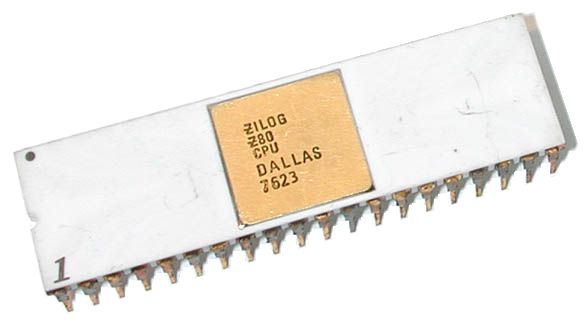civvver
Deity
- Joined
- Apr 24, 2007
- Messages
- 5,855
There has been discovered a major flaw at the hardware level of intel chips made in the last decade. In very simple terms, by searching the virtual memory on your machine a program can determine where your kernel memory is on your system. Then it's possible to queue up os operations in code that will occur at a later point called speculative execution. Apparently using this mode ignores checking user access levels to memory locations so any program if it's setup to do so can access kernel memory. Thus they could potential access all sorts of stuff like passwords and other saved OS info. That's probably a very bad synopsis of the issue, but there's more below.
The fix is going to have to be an OS level fix that basically quaranties off the kernel space but this requires a lot of additional memory transactions and can slow OS performance considerable.
http://www.popularmechanics.com/tec...ity-flaw-affects-decades-of-intel-processors/
Fortunately for gamers this shouldn't affect performance. It probably won't affect normal desktop users very much at all.
http://www.pcgamer.com/serious-inte...-but-probably-wont-affect-gaming-performance/
Where it's going to have major impact is on cloud applications, stuff that accesses OS, security applications etc. We'll have to see how bad it is in the end.
I definitely could see a class action lawsuit coming out because of this, depending on how bad the performance hits are. If cloud servers really see up to 30% decline in performance that is huge.
AMD stock is surging on this news as well since AMD processors are not affected. Will we see a bunch of enterprise servers switch to AMD now or not? I'm skeptical as it's a big investment, but maybe moving forward they will. Maybe we'll see more AMD laptops from major manufacturers like dell and hp.
It kind of shocks me that this flaw took so long to discover.
The fix is going to have to be an OS level fix that basically quaranties off the kernel space but this requires a lot of additional memory transactions and can slow OS performance considerable.
http://www.popularmechanics.com/tec...ity-flaw-affects-decades-of-intel-processors/
Fortunately for gamers this shouldn't affect performance. It probably won't affect normal desktop users very much at all.
http://www.pcgamer.com/serious-inte...-but-probably-wont-affect-gaming-performance/
Where it's going to have major impact is on cloud applications, stuff that accesses OS, security applications etc. We'll have to see how bad it is in the end.
I definitely could see a class action lawsuit coming out because of this, depending on how bad the performance hits are. If cloud servers really see up to 30% decline in performance that is huge.
AMD stock is surging on this news as well since AMD processors are not affected. Will we see a bunch of enterprise servers switch to AMD now or not? I'm skeptical as it's a big investment, but maybe moving forward they will. Maybe we'll see more AMD laptops from major manufacturers like dell and hp.
It kind of shocks me that this flaw took so long to discover.

